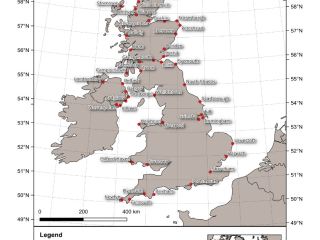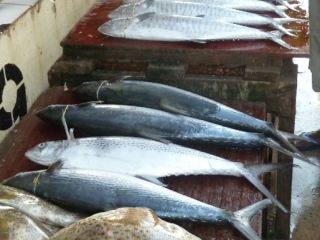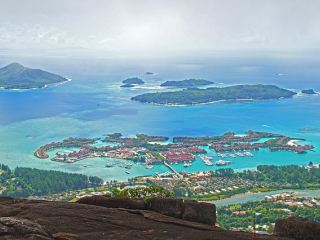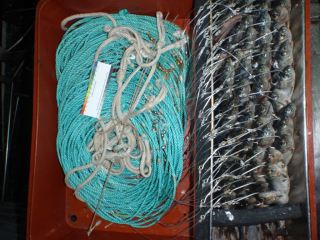
Addressing the human dimensions of management interventions and issues such as who can fish, traditional fishing rights and what incentives for fishing exist all create new demands for fisheries managers. Increasingly, the challenges of competing interests within the fishing sector as well as across and between sectors, e.g. tourism, conservation and energy, need to be addressed. These challenges require new thinking and new roles for stakeholders, through approaches such as; co-management, integrated water resource management, river basin management and coastal zone management. MRAG works in a variety of ways to develop approaches, tools and measures that can improve fisheries governance and managements at scales ranging from the local to the global. Examples of the types of work conducted include evidence reviews, engaging in issues of rights, undertaking critical analysis and understanding the nature of fisher livelihoods and the role and contribution of fish and fishing to these and to local and national economies. Supporting these are practical engagements in fisheries to build capacity, facilitate participation and support the realisation of robust institutional and legal frameworks to regulate fisheries, including formal and less formal (e.g. community-based) regulation of fishing activities.
Projects
| Title | Region | End Date | |
|---|---|---|---|
| |
Determination of post-harvest fish losses (PHFL) in Seychelles‘ fisheries value chains
The wild capture fisheries and its associated postharvest (PH) industry are a critical… |
Indian Ocean | - |

|
IUU Documentation and Controls
This project was completed by MRAG Ltd and RPA Ltd under Lot 6: Marine and Fisheries R… |
Europe | - |

|
Climate change and the Common Fisheries Policy: adaptation and building resilience to the effects of climate change on fisheries and reducing emissions of greenhouse gases from fishing
By 31 December 2022 the European Commission will prepare a report on the functioning… |
Europe | - |

|
Tuna Fisheries Management Plan
The development of this 10-year Tuna Fisheries Management Plan (TFMP), follows the FAO… |
Africa | - |

|
Study on state of the art scientific information on the impacts of aquaculture activities in Europe
Aquaculture is one of the world’s fastest-growing industries and is an increasingly… |
Europe | - |

|
Coordinated assessments of marine species and habitats under the Birds and Habitats Directives and the Marine Strategy Framework Directive
The study aim was to support the Commission’s work to better coordinate assessments of… |
Europe | - |

|
Employment Study and Capacity Needs Assessment for the Fisheries Sector in Seychelles
The Seychelles fisheries sector has grown substantially since the 1980’s, driven… |
Indian Ocean | - |

|
The cost of not-ending harmful subsidies by 2020.
In the Sustainable Development Goals adopted as targets for international development… |
Global | |

|
International Oceans Governance – Scientific support
The Sustainable Development Goals (SDG) adopted by world leaders in 2015 set the… |
Global | - |

|
Framework Contract for evaluation and impact assessment, Lot 3: International Dimension of the CFP
This is a framework contract where specific services will consist of assisting the… |
Europe | - |

|
South Georgia and South Sandwich Islands Fisheries Management.
The work undertaken by MRAG for Government of South Georgia and the South Sandwich… |
Atlantic Ocean | - |

|
Research into the problems of illegal fishing in SE Asia
This project was a joint venture between the governments of Australia and Indonesia to… |
Asia | - |
